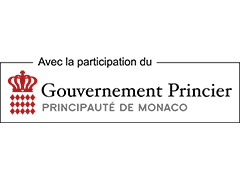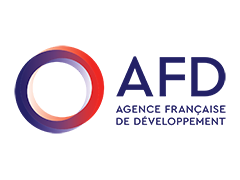Nos programmes
Bien naître (phase 2)
Programme actif
Promoting health, sexual and reproductive rights and child health in rural areas of Analamanga.
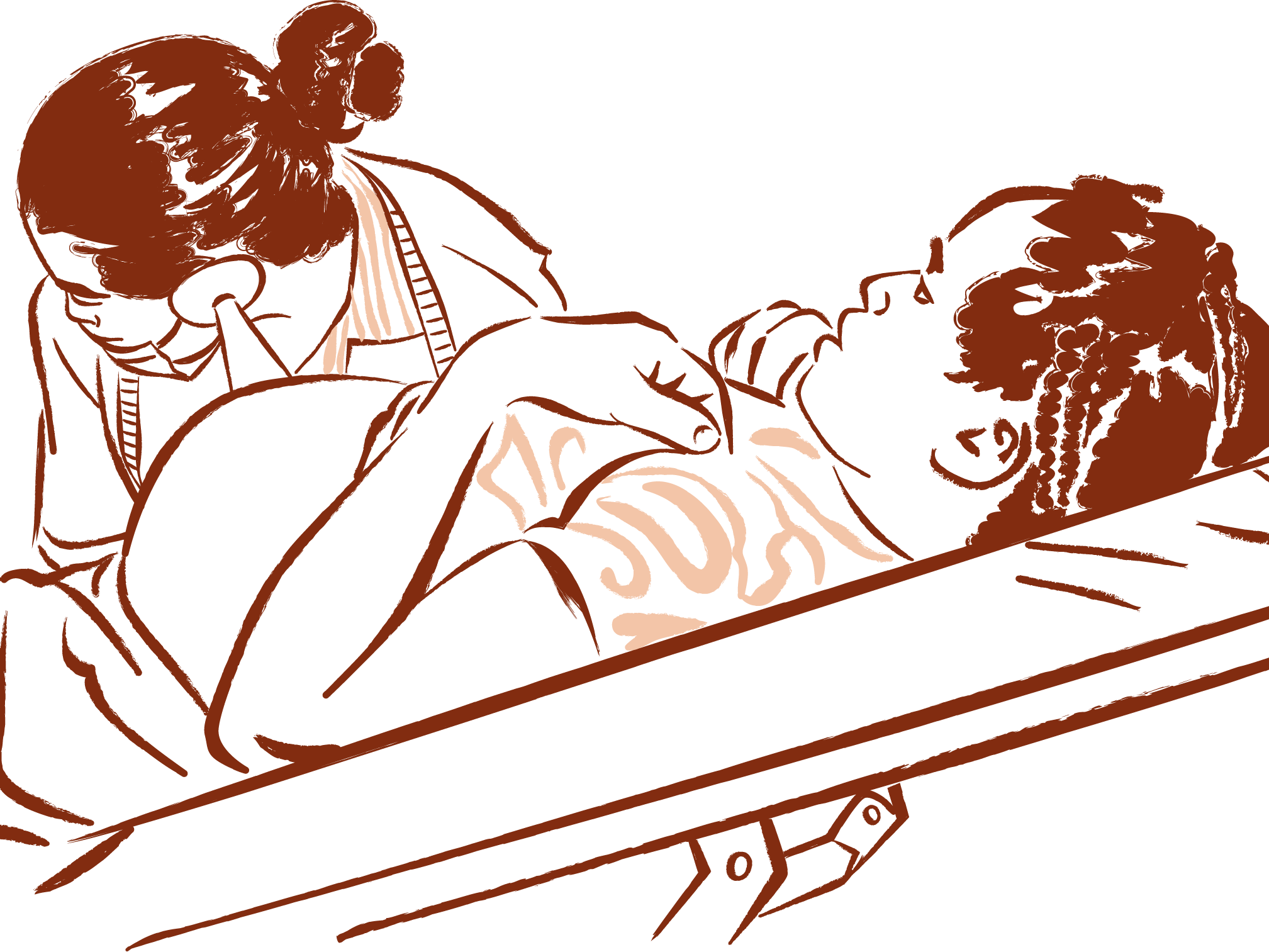
Beneficiaries
42100
women of childbearing age (15-49)
6500
children under the age of 5
18
community midwives (including 5 new ones)
Diagnosis
With a high number of infant deaths, maternal and infant mortality remain a major challenge in Madagascar (maternal mortality rate of 478 deaths per 100,000 births, infant and child mortality rate (10-19 years) of 77% in rural areas according to the Madagascar Demographic and Health Survey, 2021). Rural areas, where nearly 80% of the population is concentrated, are particularly hard hit by a lack of access to healthcare, especially when it comes to pregnancy monitoring.
The Malagasy government has therefore decided to promote the development of private practice in order to strengthen the local health service. Santé Sud is part of this approach by developing a project to set up community midwives in the Analamanga region, in order to improve access to maternal and child health in rural areas, and also to provide a gateway to primary care for local residents.
Project
The aim of phase 2 of the project is to continue developing innovative, integrated and coordinated mechanisms to improve access to quality healthcare for women, young people and children in rural Madagascar. To achieve this
- 5 new midwives will be installed, equipped and trained in community birthing practices.
- The capacities of referral health establishments will be strengthened in order to improve the quality of care provided throughout the health pyramid.
- The partner associations will be strengthened in their ability to carry out gender-sensitive health promotion activities in communities.
- The populations targeted by the project will be made aware of sexual and reproductive health.
- Households will be helped to set up a savings system that will enable them to overcome the financial barrier to accessing healthcare.
Operational partners
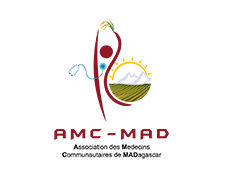
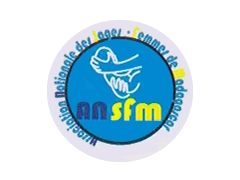
Financial partners
